7 Reasons Not to Play 1.e4
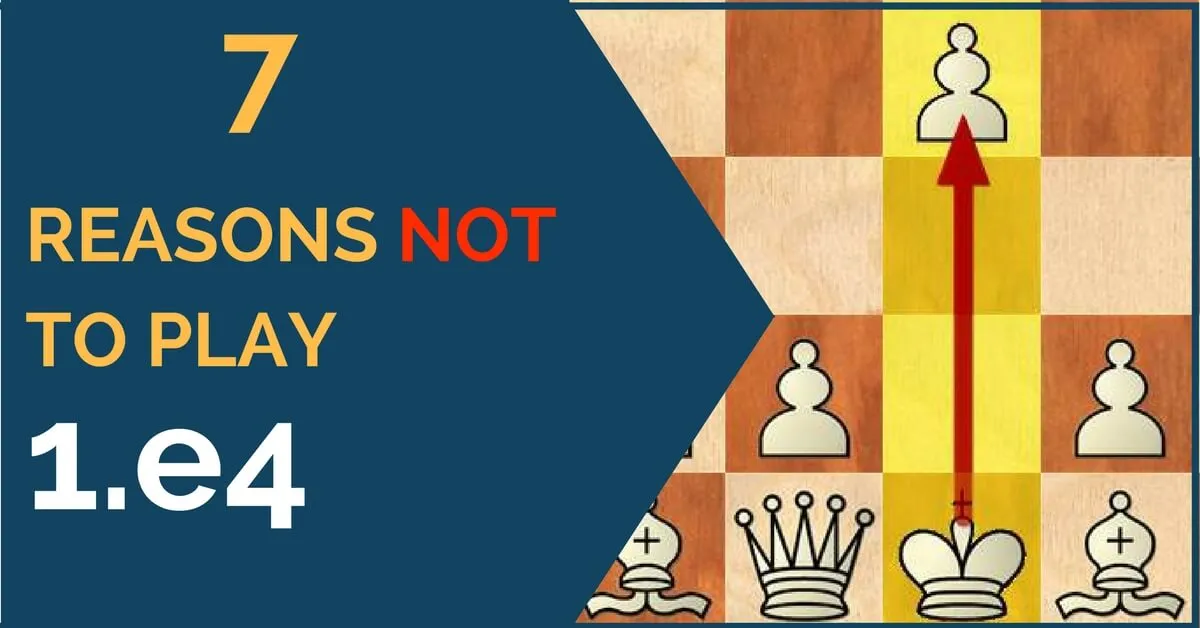
1.e4 Opening and why not play it. Since we get started in chess we are hit by the ever-lasting decision of choosing our first move. I can’t speak for every chess player, but most of my generation started like that. Those with a positional inclination chose to play 1.d4 or 1.c4 while those with a feel for tactics invariably chose the move 1.e4.
Chess has now changed a lot and the eruption of powerful engines has changed all dogmas from the past in regards of how the opening is perceived.
For instance, our style can be applied in every opening; you can play a positional 1.e4 and there is a huge range of choices to do so. The opposite can be done as well, 1.d4 can lead to extremely sharp positions.
We can see the games of Mamedyarov for example; he usually begins with 1.d4, but rather than win by a positional squeeze, in most of his games he is able to create tactical chaos that resembles Tal’s famous games. The point is, that contrary to what most beginners believe, e4 or d4 does not define your style, at least not completely.
Having clarified that, in this article, I would like to give you seven reasons why not to play 1.e4. Most of these thoughts are my own views and of course, are open for discussion.
1. 1.e4 Opening: Amount of theoretical knowledge
One of the problems with 1.e4 is that you must be well prepared, no matter what. Most of the main defenses have been worked out in-depth and secondary lines are full of tricks.
No matter if you play it quietly or tactically messy, you need to know your stuff very well. In principle, this is not a problem for the ambitious player but think about the amount of time it will take; maybe you’d like to focus more on training other phases of the game?
2. Early confrontation
This point is linked with number 1. After 1.e4 things happen too quickly; black can start fighting for the initiative from the very beginning. Take the French and Alekhine defenses as examples, not to mention the Sicilian or Scandinavian. Such defenses can be very awkward if you lack theoretical knowledge.
The problem with the premature clash is not only that black can fight for the initiative, but also that the pieces come in contact and there is a good chance for simplifications that can dry out the game. Of course, this is solved by knowing a big amount of theory.
The following points are concrete problems that you must work on if you are preparing to play the open games at a medium/high level.
3. 1.e4 Opening: The Berlin Wall
Berlin Defense: If you guessed this would be one of the reasons when you read the title of the article, then congratulations, you’re absolutely right. The Berlin variation against the Ruy Lopez is one of the toughest defenses to crack; actually, there is no great recommendation here.
White can choose between playing an unbalanced endgame where he has a kingside majority but black has two bishops. Such endgames favor the best player. The main alternative is 4.d3, but again black has huge freedom of choice here.
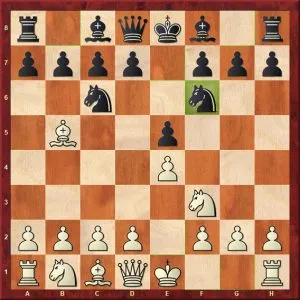
4. The eternal Najdorf
Possibly the most studied variation of the Sicilian. Those who are a fan of this variation as black are constantly studying it, finding novelties, etc. Meanwhile, when you’re studying 1.e4 you probably start with this Sicilian. It’s the most popular, it’s the most dangerous and you just want to crush it.
Fortunately, the Najdorf remains a tough weapon to beat, and regardless of which line you choose against it, be prepared to assimilate tons of theoretical variations.
My recommendation is to side-step this.
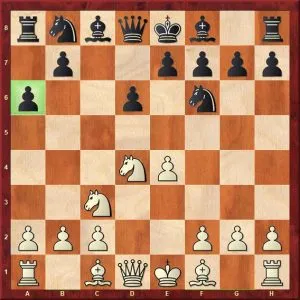
5. 1.e4 Opening: Lack of flexibility
There is also the factor of lack of choice after 1.e4. It is considerably less flexible than other openings, say 1.d4 1.c4 or 1.Nf3 which can transpose to each other.
After 1.e4 it seems that you are a bit exposed to an opening surprise. If it’s an important game and you prepare strongly against your opponent’s Sicilian, well, then e6 takes you into a sharp French and you have to enter. Again, consider point 1: Theory!
6. Fewer possibilities of being creative
Since 1.e4 has been studied and played so much it is fairly difficult to be creative in the opening. The “weird” moves are not just weird, they are directly bad. White has very little space to deviate from the main Ruy Lopez or Italian against 1…e5; the same happens with the French or the Sicilian.
This might explain why such creative players like Mamedyarov, Rapport, or Jobava, all with a very tactical sense don’t play 1.e4 often.
7. 1.e4 Opening: Repetition of patterns
Very likely with 1.e4 you get to play the same type of game over and over again. Same kind of structures, same tactical motifs, etc. The negative side is obvious; one doesn’t get to improve beyond the known situations and the positive side is that if you master one thing very well, then you can become super strong at this, and that’s all it takes to win.
Nowadays, my main recommendation for the tournament player is to be as less predictable as possible. It is good to vary and play with different styles, not only do you avoid your opponent’s preparation, but you also in order to widen your chess understanding. The ideal thing is to combine 1.e4 and 1.d4 games and have a wider vision of chess in general during your games.



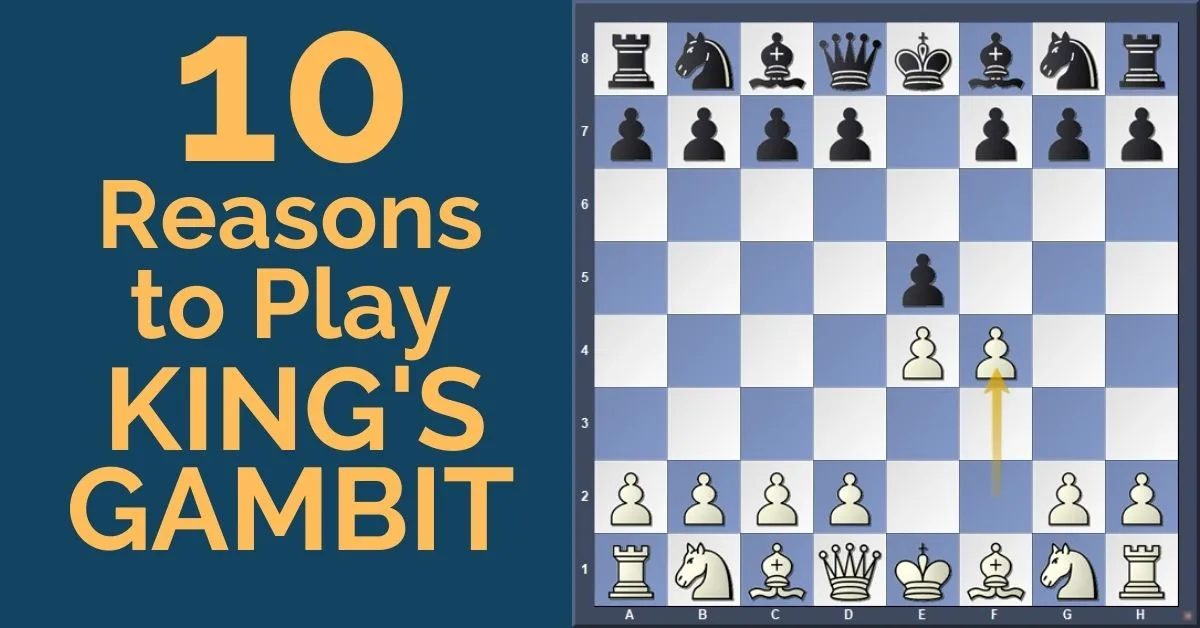
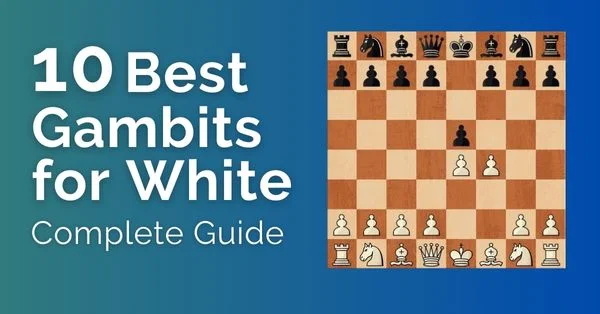
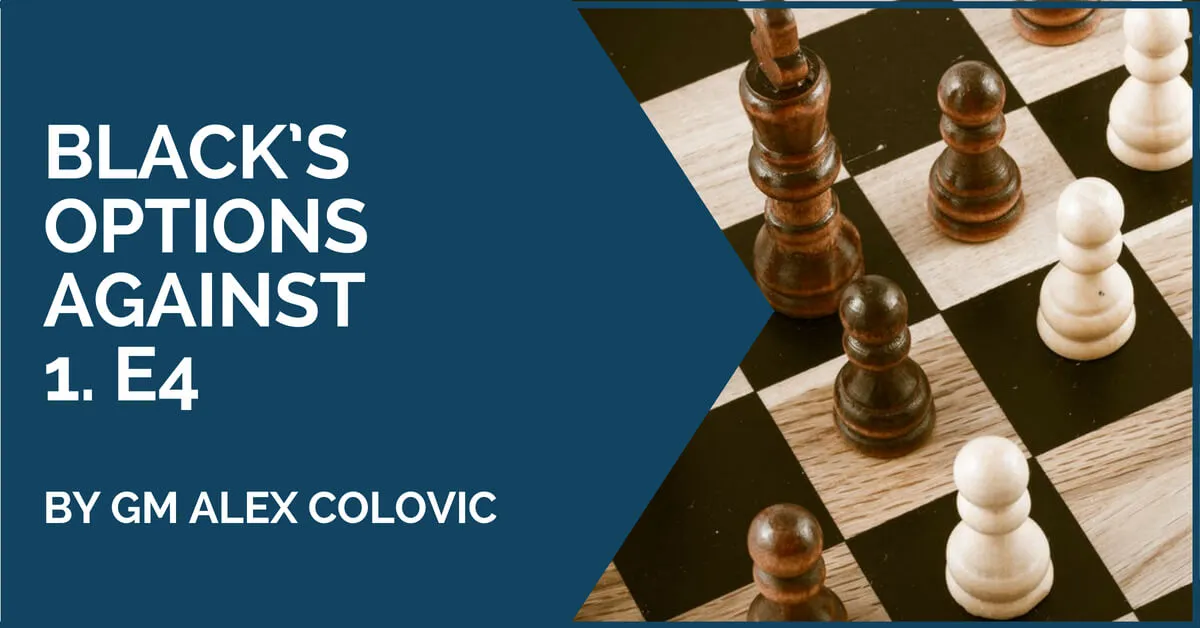




Comments: